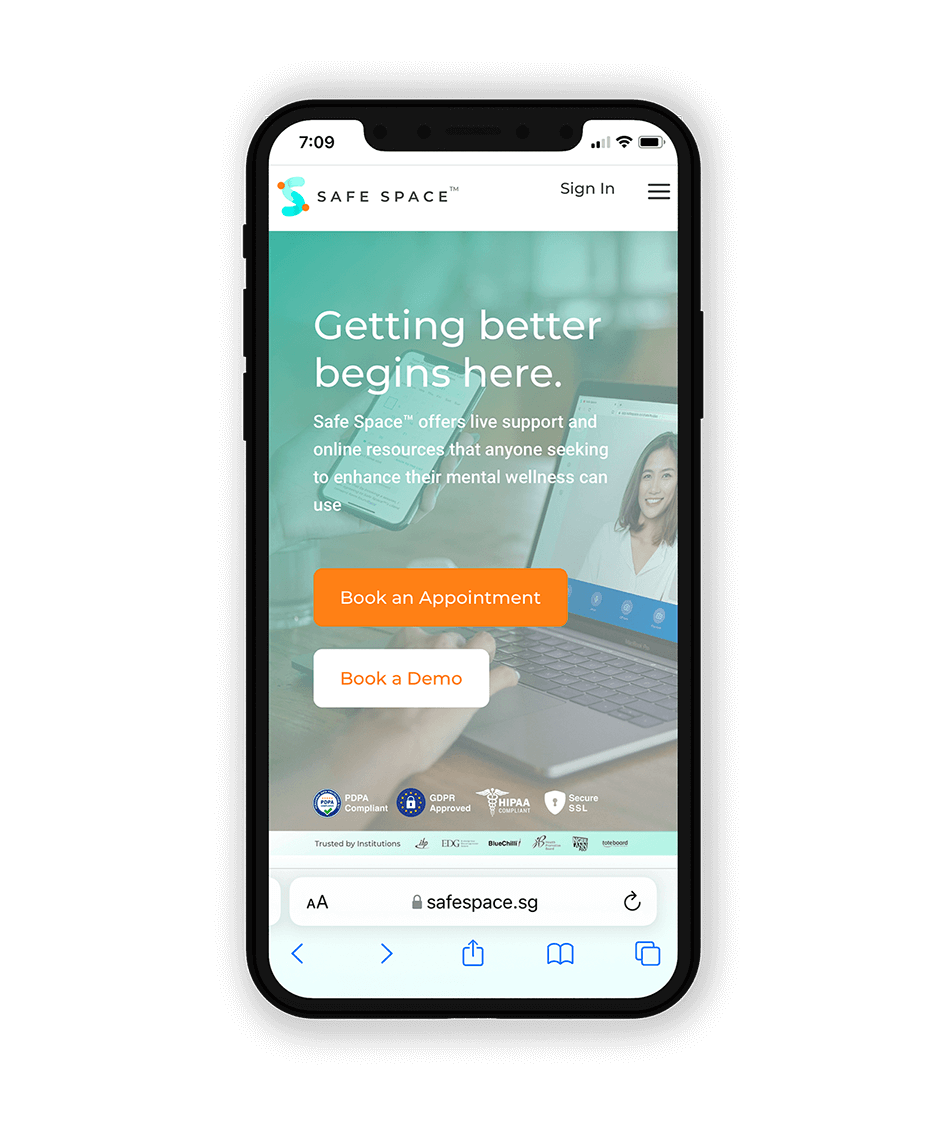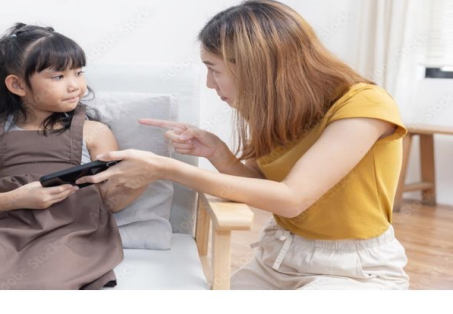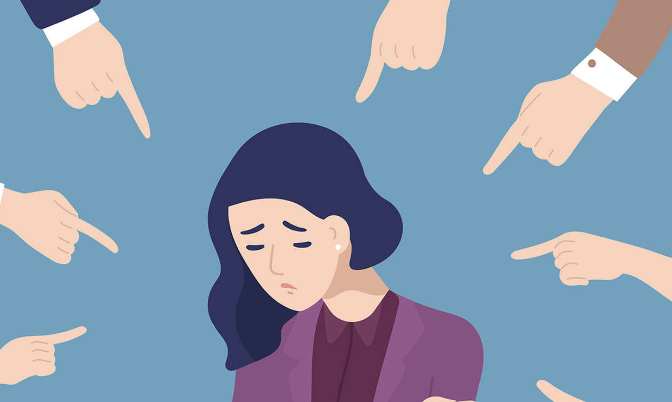People say Asians are resilient. The Carnegie Endowment for International Peace says that resilience comes first in Southeast Asia due to the many historical struggles we’ve all had to go through as a region. This makes it easy for people to associate resilience with never asking for help or seeking help only when all options have been exhausted. When people look for professional service for their mental health, which seems to be a new concept for many, they’re seen as weak-willed. This stigma is ingrained in our culture so deep that it creates a new layer of challenge for people who face a difficult time with their mental health.
Overcoming stigma and seeking professional help are two very different things. In fact, BMC Psychiatry found that stigma negatively contributes to people with mental illness. This leads to treatment avoidance, increases the treatment gap, and overall deteriorates the psychological and physical health of a person with mental illness.
What are the types of stigma we have?
Understanding what the stigmas are helps us address them. Better understanding leads to an overall better approach to conversations about mental wellness. Here are the types of stigma we have according to research:
Public Stigma
This stigma comes from the general public and their view of a person with mental illness. Studies show that these people are labelled as weak, dangerous, strange or incompetent by the public. They relate strange and violent behaviours to these people. This conception also translates to how they engage or act towards these persons. The public shows that they would rather avoid them.
People with mental illness experience this stigma from the public and closer, such as from family and friends. The social image associated with them does not help them or encourage them but rather pushes them to further isolation and social distancing.
Self Stigma
Because of the longstanding public conception of people struggling with mental health issues creates a new vision of themselves. Instead of seeing yourself as someone who merely needs help, you imbibe the public stigma and see yourself as weak or strange.
As a result, the treatment gap widens because people avoid going to professionals and reject the normality of seeking help. As a result, their mental and physical health continually declines.
Affiliate Stigma
Aside from persons struggling with mental illness, the stigma also affects family caregivers and others who are affiliated with them. Since treatments and therapies are new concepts, they are taken aback when social withdrawal or isolation happens. Eventually, they mimic this response and withdraw themselves from the person’s affairs
Professional Stigma
Of course, the fight to break the stigma also highly impacts mental health professionals. It makes it more difficult for them to do their job and encourages the general public to seek help. Unfortunately, sometimes they also absorb the public stigma and unconsciously project them. As a result, they sometimes feel fear and shame for the job that they do.
All these stigmas have cultural factors. The values we have in the region are held close to our hearts. Nevertheless, we need to find the right balance. Our stigma, which is culture-specific, has been negatively affecting people with mental illness. Initiatives for interventions have long been implemented but are taking a while to get traction. The good news is that there are things we can do to help break the stigma.
What can we do?
All these challenges are contributing factors to whether or not a person with mental health issues seek help. Unfortunately, on the bigger scheme of things, this also prevents government and private initiatives to help them effectively.
Educate yourself
As with any other endeavours, the first order of business should be to educate yourself. Understand the accurate and precise information why these stigmas even exist in the first place and why they are mere myths. Then, ask mental health professionals, read journals or seek help.
Education is essential for pinpointing correct terminology and, eventually, be the best advocate for your, your family’s, or your friends’ mental health.
Explain elaborately
Don’t dismiss those who have a prejudice against mental health issues. Instead, explain to them what the struggles are and how these have scientific bases. Let them know that people who have mental health illnesses are so much more than their illness and that with the right help, they will get better. Talk about how caring for your mental wellness is just as important as taking care of your physical health.
Talk about the process
Even when the stigma has been broken, the process remains the same. People with mental illness will still have to go to professionals and seek help. So to those who have prejudice, let them know what this process is and how they can help with their closer circle, such as their family and friends. The support that they can give is vital for recovery and how to impact their environment positively.
Let others know what help is available and accessible
When people understand the significance of mental health, the next step is to make sure that help is available and accessible. This can be availed almost instantly. In Safe Space™, we provide help from professionals that is accessible – whether online or face-to-face (for Singapore residents).
As we said, be the best mental health advocate for you, your family, and your friends. Spread the word that help isn’t difficult to get; they just need to take the first step. Asians are resilient. That’s true. Resilient people know when and how to seek help. Asking for help is never a sign of failure or weakness. Instead, it’s a symbol of wanting to be better for yourself and the people around you. It’s understanding that not everything is within your control and that sometimes we all just need a safe space.



